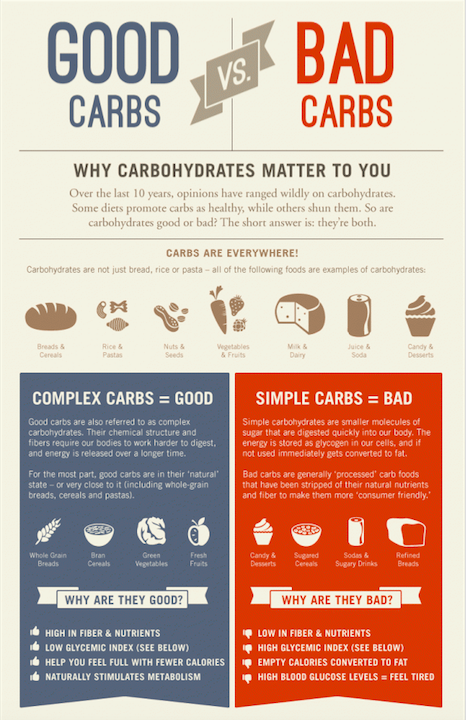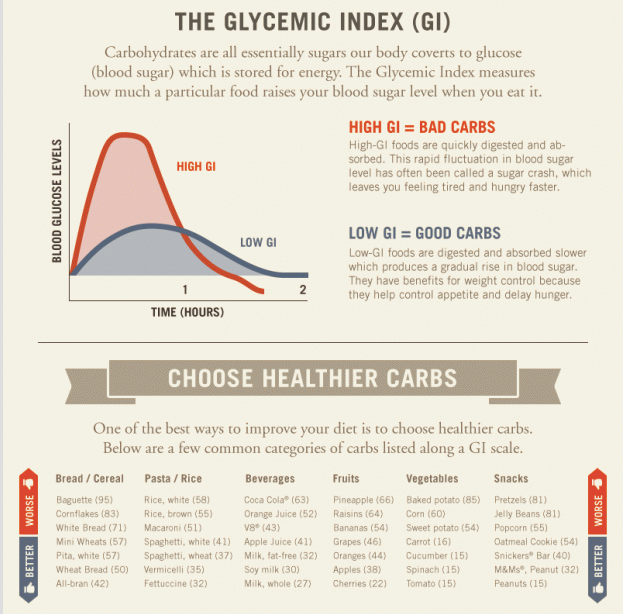Are you still stuck in Easter mode? Is that box of chocolate eggs still hanging around waiting for you to eat it?
After a major holiday such as easter we tend to overeat and getting back on track can be quite a challenge. Most of us want to do some dieting after easter, but going into a strict and depriving diet is not necessary (or healthy!). We just need to eat healthier foods and be mindful of how our body feels.
Why is it so difficult to just go back to eating healthy foods?
- ‘I’ll start eating healthier tomorrow’: This is a typical one that we say to ourselves on monday. The week passes by and we are still eating a lot of processed foods that are not helping to clean our bodies and get healthier. Then the weekend arrives and, yup its the weekend… So nothing to be done until next Monday!
- Shame eating: “I feel bad about all the food I ate, so I might as well punish myself and keep on eating.” Who hasn’t gone through this one? You remember all the cakes, pastries and chocolates you ate during the bank holiday and feel absolutely mortified. And because you feel mortified, you just keep on eating. First of all, stop beating yourself up and just enjoy the fact that you spent time with your family, had a good rest and enjoyed your mum’s cooking. Now it’s time to reset and feed your body some healthy food.
- No time: “I don’t have time to shop and cook, so i’ll just order some fast food.” Getting home from a trip can be tiring and does not allow us to prepare for the upcoming week. This all means we might still be eating unhealthy foods that takes us further away from our health goals. A great way to avoid this is to freeze a few vegetables such as cauliflower, peas and broccoli before going on holidays. When you come home just cook them up and make a thick and delicious soup. This can help you out while you organise yourself again, do some shopping and get the cooking going.
Furthermore, after a long weekend of eating unhealthy foods, your body might not be feeling as strong as usual.
- I crave for sweet foods: Since you have been eating more sweets than usual,\ there is a possibility that your blood sugar levels are out of balance. This means that you feel tired, moody and hungry more often. To balance your blood sugar you must eat healthy fats, good sources of protein and fibre containing foods.
- I feel tired right after eating: Eating a meal that is filled with simple carbohydrates might leave you feeling hungry and tired. What happens is that your blood sugar levels spike up and then they come down very dramatically. This will drain your energy and make you feel hungry faster. Eating more complex carbohydrates, fibre and healthy fats will help to avoid your sugar levels to plummet and take all that energy away.
- My stomach is feeling weak and my digestion is off: After eating heavily processed foods, our bodies lose lots of the microorganisms that help our immune and digestive system to work well. Add a few probiotic foods that will help replenish your body of this so needed helpful bacteria.
Get yourself organised and get back on track. Your body needs to be in balance in order for you to function properly, have energy and become healthier. Eat more home cooked meals, include more whole foods and be aware of the food you are eating when you are away from home.
This chart is an easy way to understand the difference between complex carbohydrates (good carbs) and simple carbohydrates (bad carbs). They are partly responsible of helping with your blood sugar levels, weight loss and good digestion.




